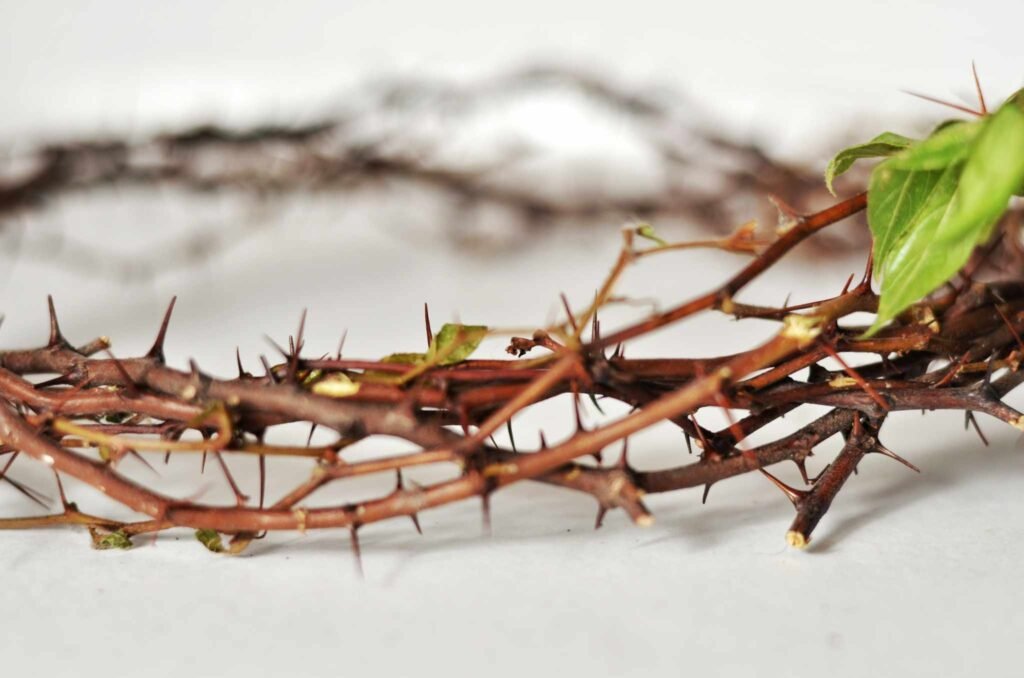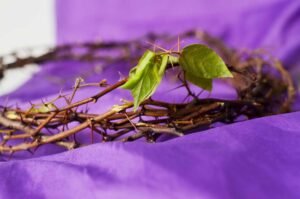
The Balacat Tree, from which the City of Mabalacat got its name, was derived from Ziziphus Talanai. It is a 4th class hardwood whose branches and twigs can be full of thorns.
On the one hand, the crown of thorns that was put on the Lord Jesus when he was crucified is said to have come from a jujube tree or Ziziphus Spina-Christi. The oldest of which, estimated to be 1,500 to 2,000 years old, can be found in Israel, one report shows.
Both have common characteristics – thorny, spiny, spiky.


“Having come from the same family and genus, these trees share some common description. The Balacat tree could be said to be related to the crown of thorns used on Jesus,” said James Lagman, director of the Center for Community Research and Innovation (CCRI) of the Mabalacat City College.
The CCRI has been actively involved in research and development efforts for various uses of the Balacat Tree. It has produced tea, coffee, candy, energy bars, and soap.
+++++
The Museo Mabalacat FB page, in October last year, ran an FB post titled “The Connection of Balakat Tree and Christ’s Crown of Thorns”.

As shared by historian and arts and culture patron Alex Del Rosario, the post stated:
“Christ’s crown of thorns was made from a spiky evergreen tree called Christ’s thorn jujube, that grew in tropical Africa and in South and West Asia. Its scientific name– Ziziphus spina Christi— means that it is a member of genus Ziziphus, which counts 40 species of spiny shrubs and trees in the Rhamnaceae or buckthorn family. Since the brittle Christ’s thorn jujube is hard to shape into a crown, another plant, Ziziphus lotus, has also been suggested as a possible crown source.”



“Mabalacat’s balakat tree, which are found in Luzon’s limestone forests, also comes from the same genus. Thus, the 2 plants share some common characteristics, including thorns, with leaves that are entire, and arranged alternately. Also, Ziziphus plants have small, yellow-green flowers, with spherical or ovoid fruits,” it added.
+++++
For healing too?
The post furthered: “Both Christ’s thorn jujube and balakat trees are believed to have medicinal powers. The leaves of the jujube are said to provide effective cure for magic-induced ailments in Islamic traditions…”

Aside from beverages and candies, the CCRI has also produced soap bars as the tree is also endowed with anti-microbial properties. It could help treat some skin problems, said Lagman.



